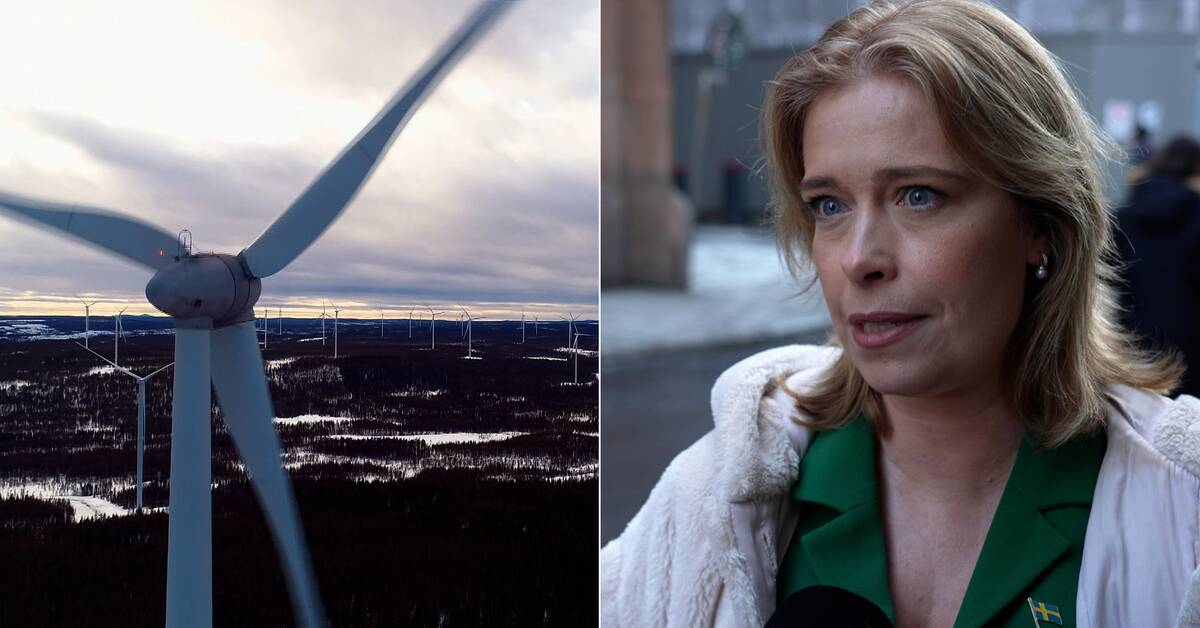Last year, 32 of 42 land-based wind power projects were stopped by the municipal veto.
And the municipalities said no regardless of parties and political government.
Now the wind power industry believes that the veto threatens electrification, green industry and the entire climate change.
- We see that the municipalities are stopping more and more wind power, at a time when Swedish industry and the whole of Europe need more electricity, says Tomas Hallberg, permit expert at Swedish Wind Energy who commissioned the report.
Wind power is debated.
The industry in the north, which will make fossil-free steel, wants wind power because it is the cheapest.
Many landowners and investors like to see more wind turbines, while politicians and authorities believe that the amount of wind power needed will be three to four times greater if Sweden is to cope with the electrification of society - regardless of whether we continue with nuclear power or not.
Most stops in the south
At the same time, many wind power projects around the country are stopped.
Most vetoes are about the municipalities perceiving concerns from the local population - it can be concerns about the view, noise, flashing lights or that wildlife and nature should be affected.
The highest proportion of wind turbines is stopped in southern Sweden, where the need for more electricity is greatest.
- Municipalities in southern Sweden need more electricity, and they think it is terrible that they have a higher electricity price than the rest of the country, says Tomas Hallberg and continues:
- They call for action, but when they themselves are asked about new electricity production, they say no!
"There must be financial incentives"
At Svensk Vindenergi, it is believed that the government must act, preferably quickly, to make the municipalities become more positive about wind power.
The proposal that the government has announced to nibble on the municipal veto is welcomed by the industry - as it is expected to provide faster decision-making processes - but it is also believed that something further is needed;
preferably something that provides a local economic gain from wind power.
- We believe there must be financial incentives, so that the municipalities that say yes feel that there is an upside, says Tomas Hallberg.

